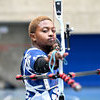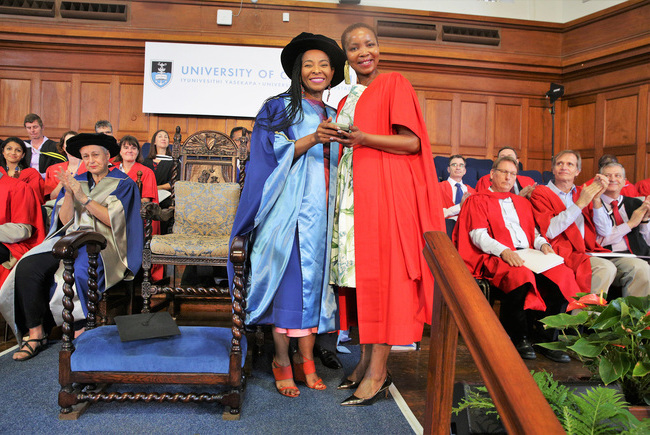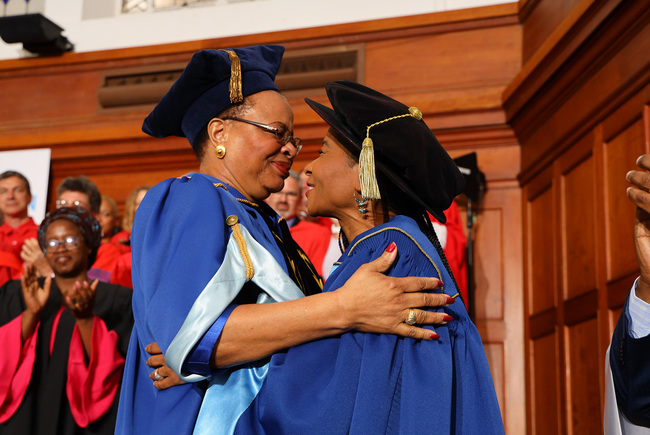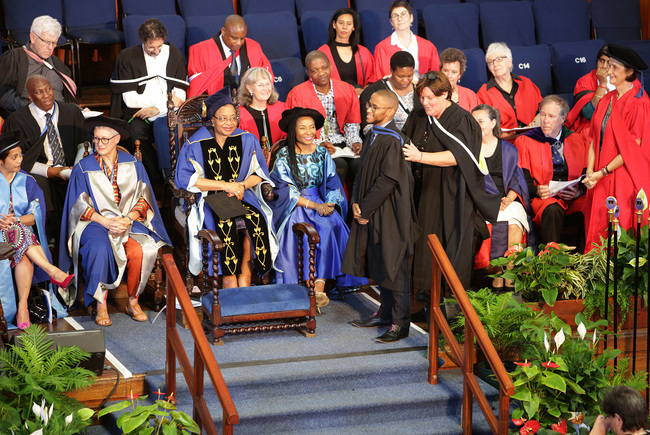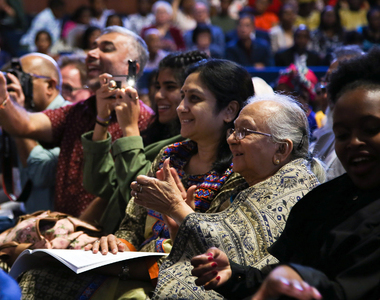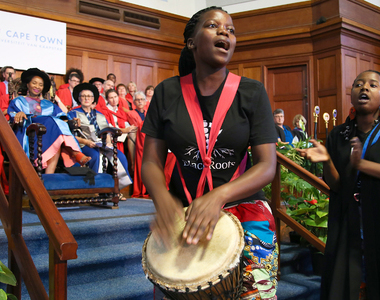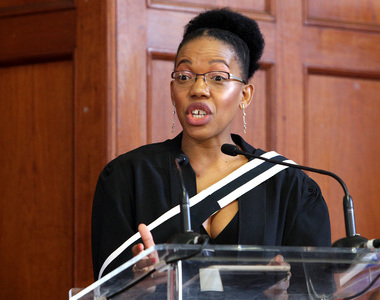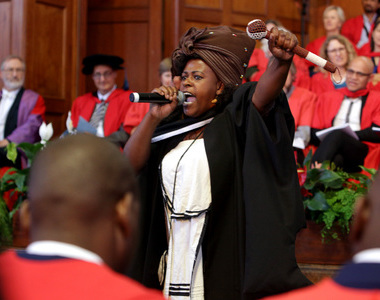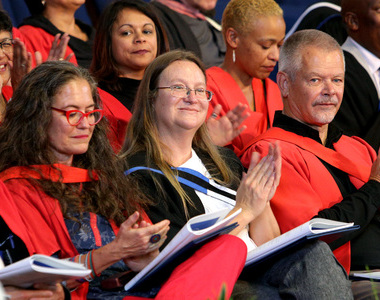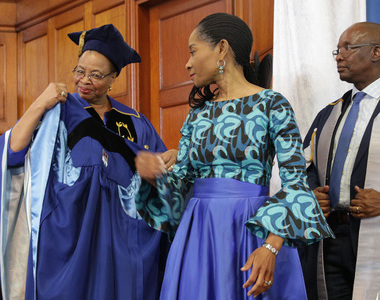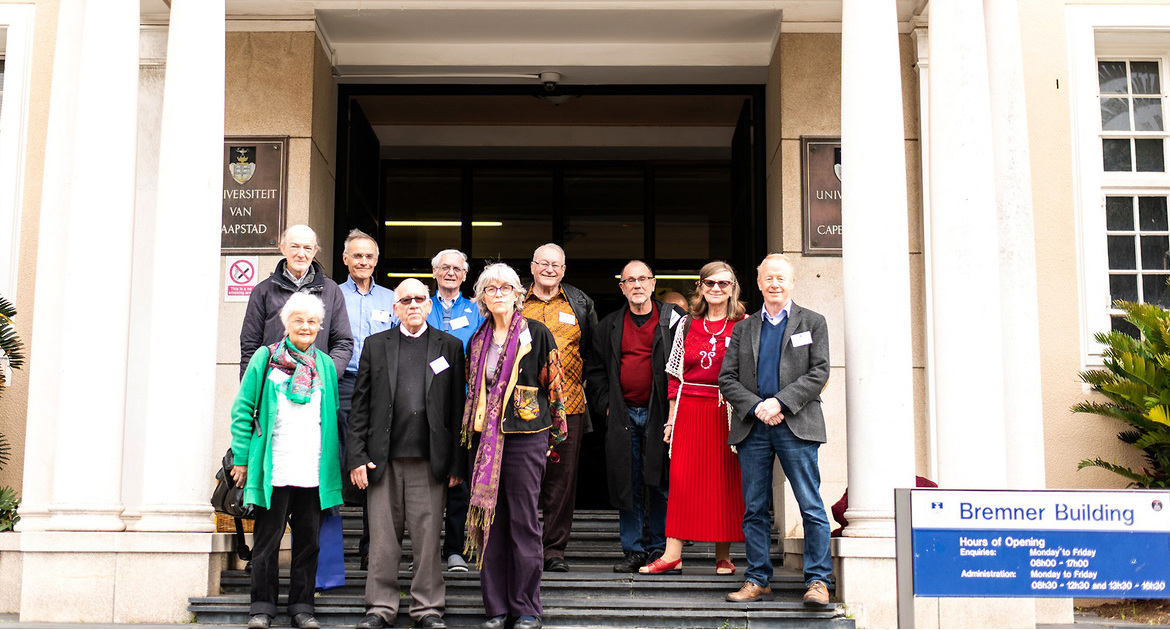Solving SA’s literacy crisis
11 January 2019 | Story Niémah Davids. Photo Word Works, Flickr. Read time 4 min.
Lack of access to reading material and textbooks are two of the main reasons that 78% of South African children in grade 3 still can’t read for meaning. And education expert Professor Mary Metcalfe says fixing this national literacy crisis will take time and hard work.
Metcalfe’s comments came during her three-day lecture, “South Africa’s School Crisis”, at the University of Cape Town’s (UCT) 2019 Summer School this week.
She told attendees that although the National Planning Commission’s National Development Plan highlights education as one of the country’s nine most pressing challenges, and commits to improving the quality of education for all the country’s children by 2030, not nearly enough progress has been made.
“An education system has the responsibility to deliver two essential things for a just society: improve the quality of learning and narrow the gap between students doing well and students doing badly. Education improvement is a long, hard process and expectations of a sudden shift are unrealistic,” she said.
Research shows that in 2008 only 60% of the cohort of pupils who had started grade 1 12 years previously actually wrote their matric exams – and of those, only 37% passed.
Billions spent on education
Government continues to spend billions on education, she said. In 2018, R351 billion was spent on education. Yet only 29% of the poorest primary schools in the country have access to in-school libraries.
Numeracy also continues to be a huge problem. A 2015 study conducted by Trends in International Mathematics and Science (TIMMS) showed that 65% of grade 5 pupils in the country could not add and subtract whole numbers.
KwaZulu-Natal has been the hardest hit, according to Metcalfe. In that province only 45.4% of pupils have their own reading textbooks and 50.1% have their own maths textbooks. Similarly, in the Eastern Cape, only 56.2% of pupils have their own reading textbooks and 57.2% have their own maths textbooks. Limpopo is marginally better; 58.9% of pupils have their own reading textbooks while 62.4% have their own maths textbooks.
“Change is possible. We must focus on improving literacy and numeracy levels in the first four years of schooling. This must be programmatic, properly resourced, reach every teacher who needs it and have clear indicators for success in both implementation and outcomes,” she explained.
“Change is possible. We must focus on improving literacy and numeracy levels in the first four years of schooling.”
Getting it right
The answer to improving education is not that complex, Metcalfe argued, and lies in establishing sound policy ideas, and ensuring institutions are strong enough to deliver them.
But for policy to have a chance to succeed, enough people need to be persuaded that it is necessary, and will work once implemented, she said.
Further, school management teams always need to be adequately prepared to support teachers, and departmental staff at district level should focus on building support structures for schools.
“Officials at department level need to listen more to the professionals working hard with limited resources to change education in complex situations.”
Encouraging a culture of reading
Ultimately, children need resources – textbooks for learning and other books for reading pleasure. And to help them grasp subjects and improve their level of understanding in various learning areas, teachers need to conduct lessons in a language that children understand.
“Change depends on accessing the energy of all those who can create and unblock blockages and build a coalition for change.
“The impetus for change is sustained by the belief that it is necessary, and is possible through ongoing commitment,” Metcalfe said.
- UCT’s Summer School 2019 runs until 25 January. See the full programme.
- Tickets are available from WebTickets.
 This work is licensed under a Creative Commons Attribution-NoDerivatives 4.0 International License.
This work is licensed under a Creative Commons Attribution-NoDerivatives 4.0 International License.
Please view the republishing articles page for more information.
December graduation
The 2018 December graduation season features six ceremonies, including the official robing of Vice-Chancellor Professor Mamokgethi Phakeng.
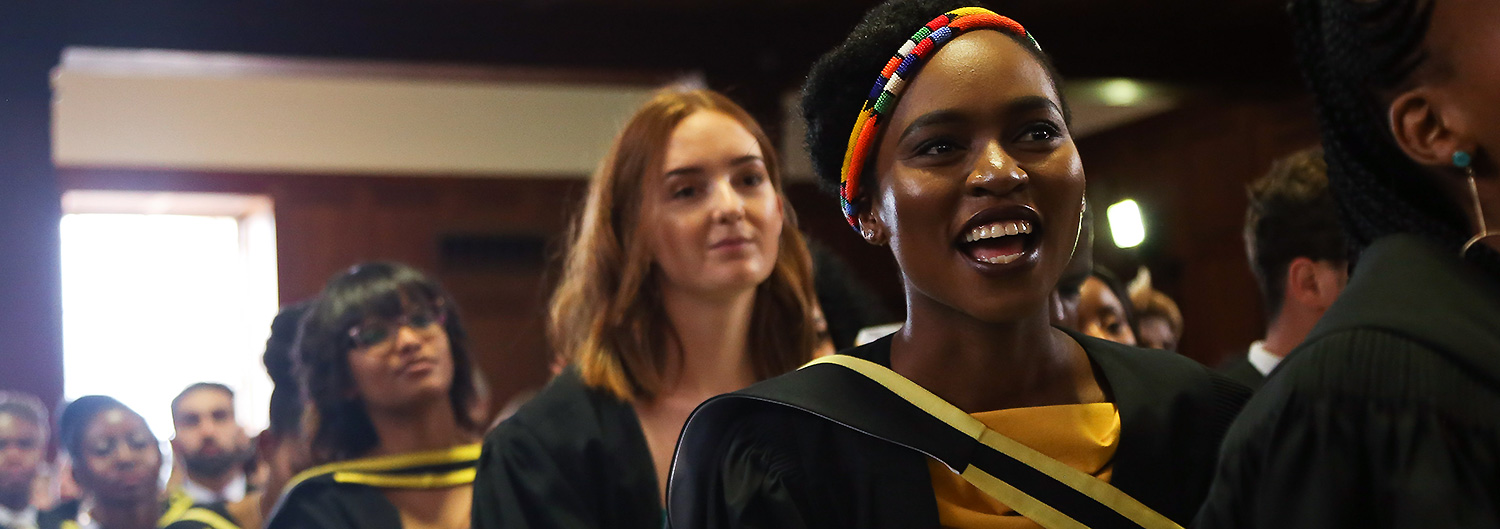
Full ceremony recordings
Creative works and book awards
UCT recognises and celebrates major creative works and outstanding books produced by members of staff at the university.
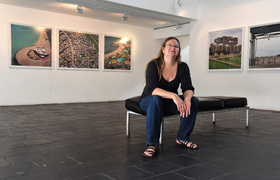
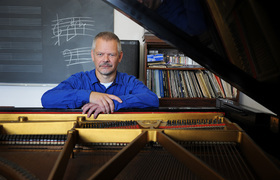
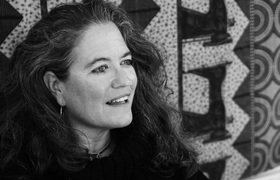
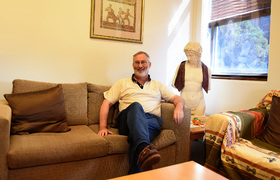
Inspired to achieve
Read about some of our remarkable students who are graduating this season.
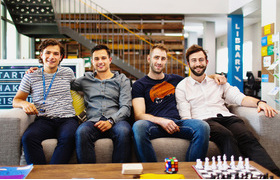
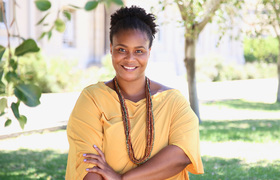
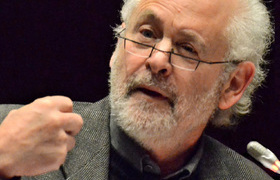
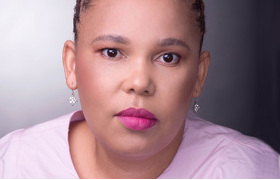
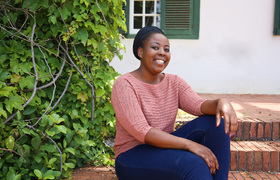
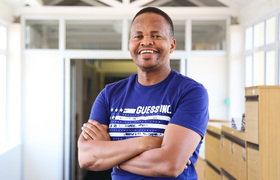
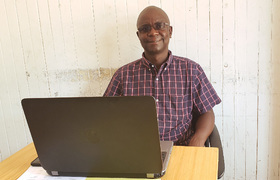
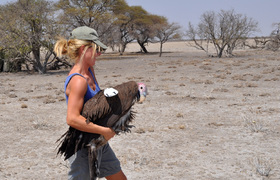
Golden memories
Members of the University of Cape Town’s class of 1968 will reunite to celebrate their Golden Graduation this week. Madi Gray, a veteran of the nine-day Bremner sit-in of 1968, will be among those UCT alumni celebrating this milestone.




